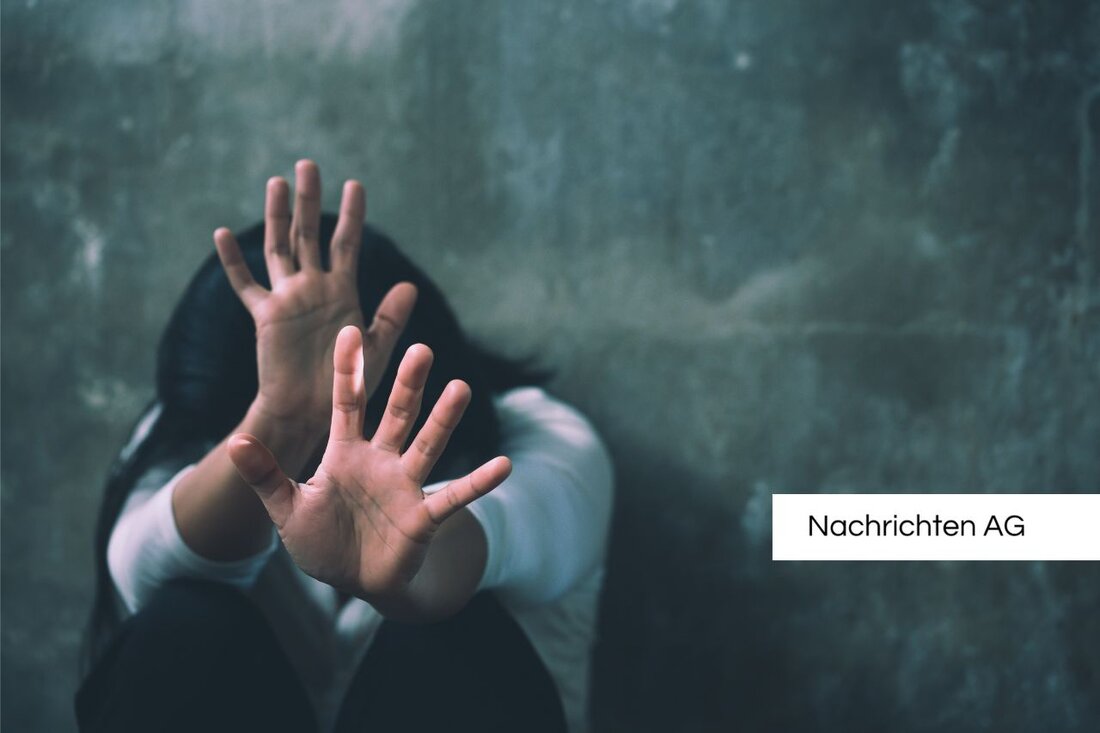Green Pankow say no to Gelbhaar's comeback: Klaas triumphs!
On November 8, 2025, the Pankow Greens elected Sunčica Klaas as their candidate for the 2026 House of Representatives election, Stefan Gelbhaar failed.

Green Pankow say no to Gelbhaar's comeback: Klaas triumphs!
On November 8, 2025, the Pankow district association of the Greens decided at a general meeting that Stefan Gelbhaar would not be nominated as a direct candidate for the 2026 House of Representatives election. This decision was made in an old department store in Pankow, which is now used as a cultural center. In the vote, Gelbhaar only received 83 votes, while his competitor Sunčica Klaas won two thirds of the votes, exactly 179. There were also five abstentions.
The constituency has been considered safe for the Greens for almost two decades. Nevertheless, the mood during the session was dominated by Yellowhair's backstory. He had previously lost the Bundestag candidacy for the Pankow direct constituency due to allegations of sexual harassment. Although this later turned out to be an intrigue, other women commented critically on his behavior.
Reactions and political ambitions
The meeting was met with mixed reactions. While Gelbhaar promoted his political commitment during his speech and admitted mistakes in his behavior, Klaas received great applause after she addressed topics such as the situation of people with a migrant background and strengthening Berlin as a science location. The co-district chairman Nicolas Scharioth also called for a clear code of conduct for officials, which alluded to the yellow hair affair.
Internally, the state party leadership was confronted with different opinions. Some members expressed concerns about Gelbhaar's comeback and its possible influence on the party's image. Gelbhaar himself emphasized in his speech that the allegations against him had been cleared up and that he felt rehabilitated. Despite these efforts, support within the party remains divided.
A lot has happened in the context of the Green Party's voter structure in recent years. The party has consolidated its position in the German party system and gained importance in urban centers, particularly university towns. In the 2021 federal election, the Greens won 16 direct mandates for the first time. The voter segment has changed significantly: While in 1980 almost 80 percent of voters were under 35, today it is over 30 percent, with support among young voters aged 18 to 24 also increasing significantly. The electorate is also well-educated and socially transformed, often coming from the service and education sectors.
Overall, the decision of the Pankow district association not only underlines the challenges facing the Greens, but also the complex dynamics within the party and its electorate, which is constantly changing. The Gelbhaar case remains an emotional and political issue for the Greens and will continue to have a significant impact on the discussion about the party's direction in the future.

 Suche
Suche
 Mein Konto
Mein Konto
